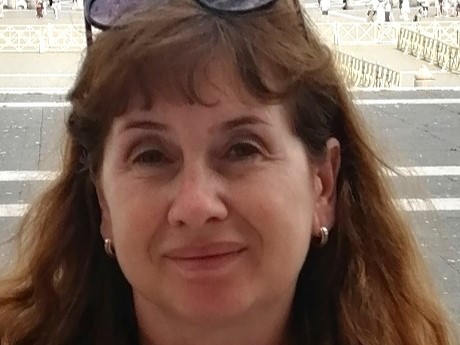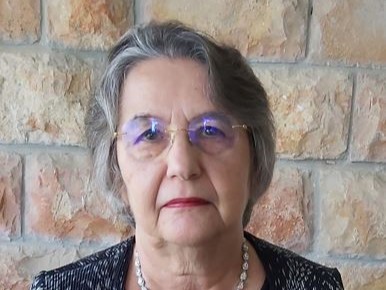1st International Egodocumental Network Conference
Vilnius University, Nicolaus Copernicus University in Toruń, the University of Lodz, and the Egodocumental Research Group (https://egodocuments.umk.pl) organise an international conference focusing on research, development, and changing perceptions of egodocuments in the twenty-first century. The conference aims to bring together scholars from different disciplines to share their insights and to encourage interdisciplinary studies of egodocuments.
The conference will also be the first meeting of the International Egodocumental Network established in December 2023 by the Egodocumental Research Group (Nicolaus Copernicus University in Toruń and the University of Lodz) to unite scholars from different disciplines working on egodocuments. It provides a platform for discussion, collaboration, and exchange of information between the participants, as well as online research seminars organized twice a year. In this dimension, our conference continues two editions of the Scientific Symposium "Egodocuments, Life-Writing and Autobiographical Texts..." organized at NCU in Toruń in 2022 and 2024.
Keynote speakers

Dr. Nataliia Voloshkova
Kazimierz Wielki University and Oxford Brookes University
Prof. Leona Toker
Hebrew University and Shalem Academic College
Prof. François-Joseph Ruggiu
Sorbonne Université, CNRS and Oxford University
Endre Sashalmi
University of Pécs
Moving Beyond the Conventional Interpretation: The ‘Detailed’ Accession Manifesto of Catherine II (1762) as an Egodocument
If egodocuments are “writings in which the ‘I’, the writer, is continuously present in the text as the writing and describing subject” (as it is given on the website of the Centre for the Study of Egodocuments and History), it seems plausible to extend the label to genres beyond memoirs, travel documents, autobiographies, etc.
I contend that 18th-century accession manifestoes of Russian rulers would fit easily into the above definition, especially manifestoes of those female rulers who came to the throne through a coup d’état. The second, so-called ‘detailed’ accession manifesto of Catherine II (1762) is a highly relevant example as it presents her version of the events, giving at the same time her justification of seizing power with various arguments, using a very emotional style in which the gender aspect is prominent. Of course, instead of the ‘I’, we have the ‘We’, the pluralis maiestatis, as this style was required by the nature of the document.
The manifesto, which is called one of the most enigmatic sources of the 18th-century Russian political thought, has so far, generally, received little attention in historiography. Although the authorship of the document is debated – namely, whether it was written by Catherine in co-authorship, or it was exclusively her own product – the most important issue is that the version as we know it was approved by her. Moreover, it was published not only in Russia, but also translated into major European languages and published abroad in newspapers, which also brings forth the dimension of media coverage.
Last but not least, it is important to note that the manner of seizing power, as presented by the manifesto, found a visual expression, too, in Catherine’s equestrian portrait, which was duplicated and even sent abroad to princely courts. Therefore, Catherine’s manifesto offers an interesting insight into the relations between written and visual egodocuments produced about one and the same event. My paper intends to highlight this aspect, too.










